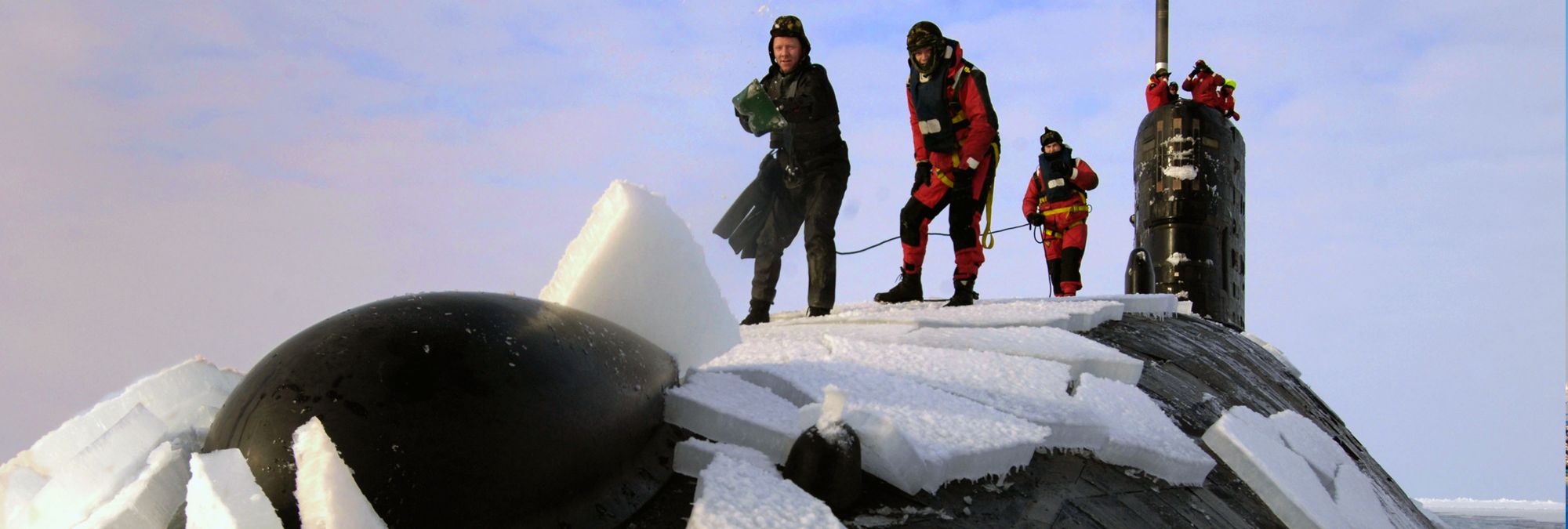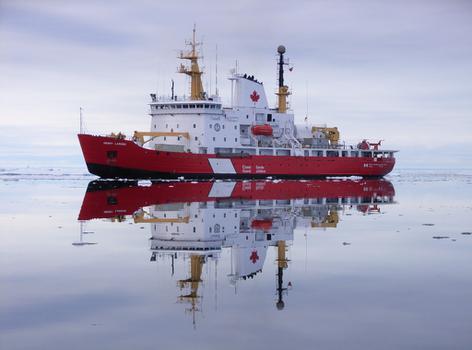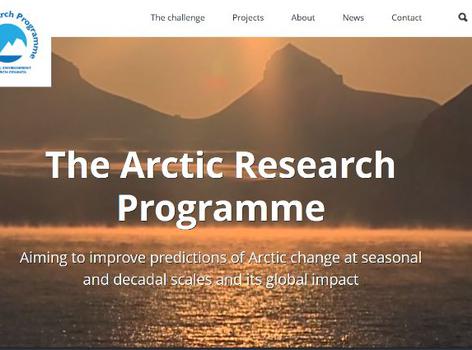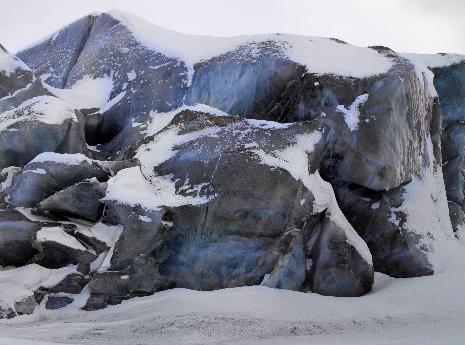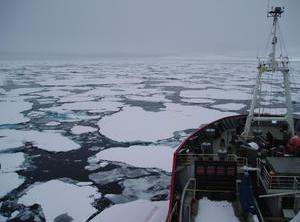Submarine Estimates of Arctic Turbulence Spectra (SEATS)
The Arctic Ocean and its peripheral seas vary between being ice-covered and ice-free depending on the season, and the minimum extent of sea ice differs from year to year. This is considered to be one of the most sensitive regions to global change processes and estimated rates of sea-ice loss currently appear to be exceeding model predictions. In fact, the Arctic Ocean is predicted to be seasonally ice-free by 2100.
The presence of sea ice plays an important role in controlling the nature of turbulence in near-surface water. Marine biological and physical processes are affected by this turbulence, which means that decreasing ice cover may have a considerable impact on the biogeochemistry of growing parts of the Arctic Ocean. SEATS uses a high-quality dataset spanning the entire Arctic Ocean that has not previously been used in order to investigate the effect of changing ice cover on turbulence and ocean circulation.
SEATS
Using declassified data from Royal Navy submarines to examine how temporal and regional variations in ice cover affect the patterns of ocean turbulence and circulation in the rapidly changing Arctic Ocean basin.
Nord, Gronland
View our interactive mapFor over 15 years Royal Navy submarines have been equipped with a suite of sensors that collects various ocean water measurements, including temperature and salinity data in the Arctic. Despite their extensive history and spatial coverage, these datasets have not previously been used for scientific research as the time and location of measurements are highly classified for security reasons.
This study, however, only requires vessel velocity, sampling interval and the approximate depth of the submarine and is thus able to make use of the declassified parts of this valuable dataset for the first ever time. SEATS is therefore a groundbreaking study of how temporal and regional variations in ice cover affect turbulence and circulation in the rapidly changing Arctic Ocean basin.
Image credits: British Antarctic Survey. Submarine and Royal Navy images by Terry Seward; ©Crown Copyright 2013.
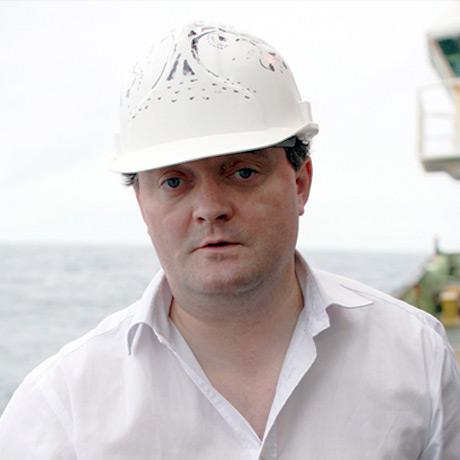
Dr John Allen, Lead Investigator
Dr John Allen is a Senior Research Scientist and part-time Senior Lecturer in the School of Earth and Environmental Sciences at the University of Portsmouth.
He is predominantly an observational physical oceanographer and has taken part in 35 research cruises around the world, leading six of them. One of his main research interests is the application of fluid dynamics to investigate the flow behaviour of the upper ocean on scales from 1-100km as inferred from temperature, salinity and flow velocity measurements.
Dr Allen has been at the forefront of research on upper-ocean physical properties and its impacts on biogeochemical processes for over a decade, and has led and managed projects funded by NERC, the EU and the MoD. He became a Fellow of the Challenger Society for Marine Science in 2004 and edits the Society’s monthly newsletter, Challenger Wave.
Dr Allen is a director of MyOcean Resources Ltd. (www.myocean.co.uk) and partner of VECTis Environmental Consultants Team LLP (http://www.vectisenvironmental.com).
